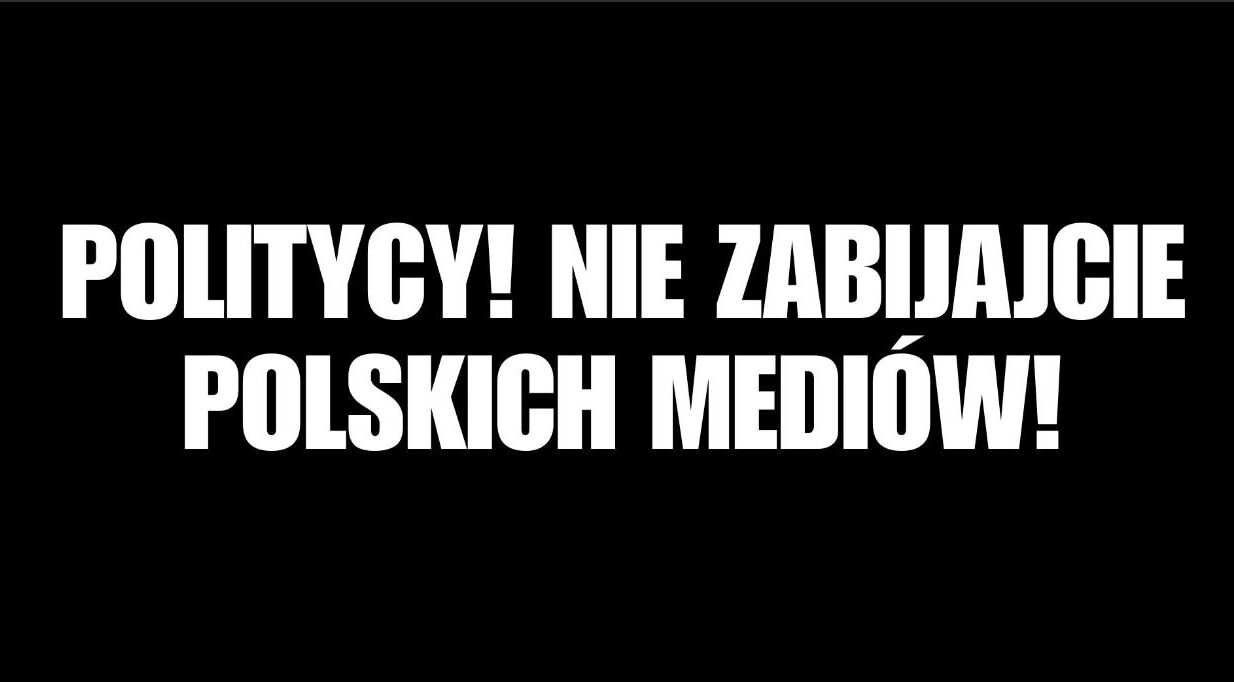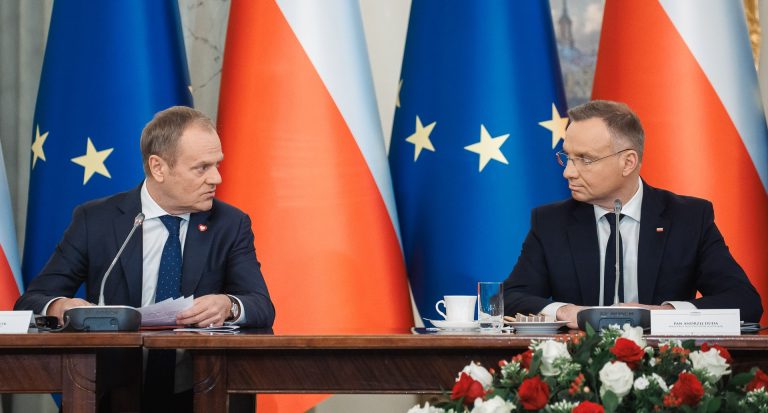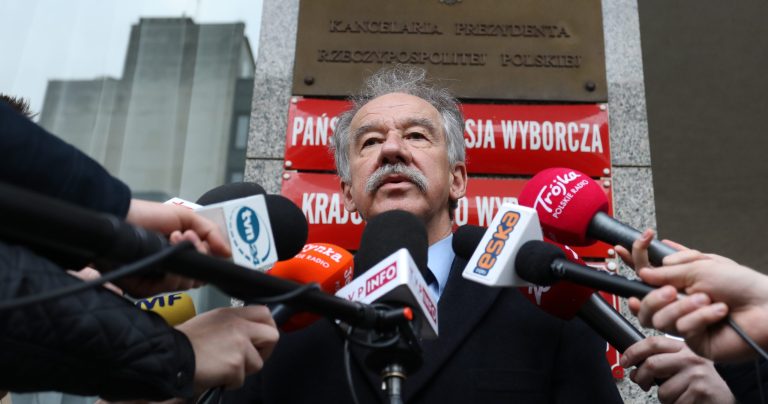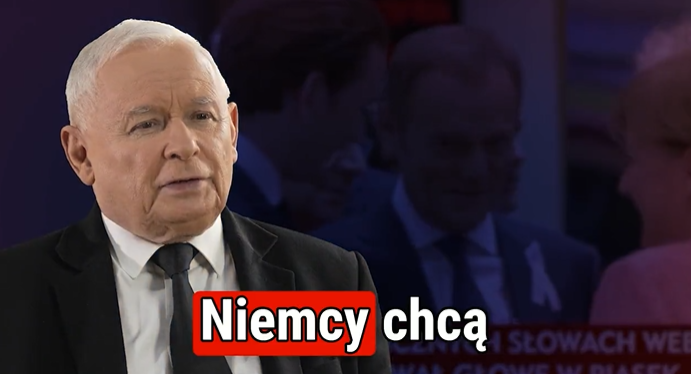Polish media protest change in copyright law they say will favour Big Tech

Over 350 Polish media outlets, including many of the country’s biggest titles, are jointly protesting today against changes to the copyright law that they say will favour tech giants, such as Google and Facebook, who use their content.
The media companies – which covered their print frontpages and online homepages with a black protest image saying “Politicians, don’t kill Polish media” – argue that the new law, which implements an EU directive, would allow tech firms to “use our content free of charge and with impunity, and transfer the profits abroad”.
They fear this will lead to the demise of many smaller outlets and force some to hide their content behind a paywall.
The publishers have called on the Senate, which is currently considering the legislation, to add an amendment – previously rejected by the lower-house Sejm – guaranteeing that the state will stand in as mediator if a media outlet and tech firm fail to agree on what the latter should pay the former for its content.
„Politycy! Nie zabijajcie polskich mediów!” Takie hasło dziś na okładkach gazet. Czarne czołówki to protest przeciwko odbieraniu chleba polskim mediom przez światowych gigantów technologicznych. Koncerny takie jak Google czy Meta korzystają z treści tworzonych przez dziennikarzy… pic.twitter.com/nC4YOCRsMt
— Radio ZET NEWS (@RadioZET_NEWS) July 4, 2024
Last week, the Sejm approved the current legislation. It implements the EU Digital Single Market Directive, which stipulates that when tech firms that own search engines, such as Google and Bing, and social media platforms such as Facebook use media-generated content, they should pay fairly for it.
According to the bill passed in Sejm, the rules and the level of remuneration are to be agreed between publishers and tech companies.
The Left (Lewica), one of the members of the ruling coalition, had proposed an amendment ensuring that the state would step in to mediate in contentious cases. That proposal was also supported by the national-conservative Law and Justice (PiS), the main opposition party.
The amendment provided that if no agreement is reached within three months of a request to start negotiations, the parties could apply to Poland’s consumer protection authority, UOKiK, for mediation. If mediation was not successful within three months, UOKIK’s president would set the terms of compensation.
However, the largest groups in the ruling coalition – the liberal-centrist Civic Coalition (KO) and centre-right Third Way (Trzecia Droga) – were joined by the far-right Confederation (Konfederacja) in voting against the amendment.
Sorry to interrupt your reading. The article continues below.
Notes from Poland is run by a small editorial team and published by an independent, non-profit foundation that is funded through donations from our readers. We cannot do what we do without your support.
In a protest letter published today, media outlets said they “call on the authorities, on MPs and senators of all political groups, to listen to our arguments and improve the harmful law”.
Among the signatories were large media firms Ringier Axel Springer Polska, Agora, Gremi Media, Infor PL, Polska Press Grupa, Wirtualna Polska Media, Tygodnik Polityka and Tygodnik Powszechny. They were joined by over 300 smaller newspapers and local news websites.
The firms claim that tech giants have monopolised a big share of advertising income by using journalistic content on their platforms but discouraging users from visiting the original outlet’s websites.
“To survive, we must have the support of a democratic state. The same one that we always defend with the same passion,” wrote the media outlets. “We expect the introduction of mediation instruments in the event of a dispute, fair compensation for the exposure of our content online, and protection against copying.”
Big Techy górą? Dlaczego polskie władze nie chronią mediów https://t.co/Nj7SF2JyH3
— Onet Wiadomości (@OnetWiadomosci) July 4, 2024
However, deputy culture minister Andrzej Wyrobiec refuted the publishers’ objections, telling the Polish Press Agency (PAP) that the bill grants various professional groups with a new, inalienable right to royalties from online use of their work.
He noted that the other professional groups who will benefit from this right, including filmmakers, music performers, actors and audiobook narrators, did not expect the government to provide support in negotiations.
The Senate is now set to discuss the legislation and proposed amendment, with a vote likely next week. If it makes any changes, the bill will return to the Sejm, which has the right to overrule the Senate. Once approved by parliament, the bill passes to President Andrzej Duda, who can sign it into law or veto it.
Wiceszef MKiDN: po przyjęciu ustawy o prawie autorskim będziemy gotowi do rozmów ze środowiskiem prasy [WYWIAD]#PAPInformacje https://t.co/TVzmaH6JD5
— PAP (@PAPinformacje) July 4, 2024
Main image credit: Wirtualna Polska

Alicja Ptak is senior editor at Notes from Poland and a multimedia journalist. She previously worked for Reuters.






